Veteran scholar feted for work on Chinese poetry
Updated: 2016-04-01 10:00
By Xu Fan(China Daily)
|
||||||||
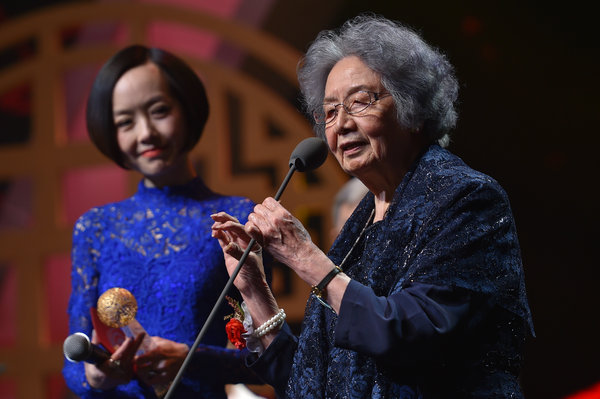 |
|
Yeh Chia-ying, 92, wins the lifetime award at this year's You Bring Charm to the World awards in Beijing.[Photo provided to China Daily] |
On Friday evening in Beijing, Yeh Chia-ying recited a poem by the ancient Chinese poet Li Bai, with her eyes closed and her voice ringing.
Aged 92, Yeh left her audience spellbound at this year's You Bring Charm to the World awards, an annual honor given by Hong Kong-based Phoenix TV and other Chinese media to people who influence society with their work.
The Chinese academic received a lifetime award this year.
Chinese pharmaceutical chemist Tu Youyou, who won the Nobel Prize last year, is the other recipient of the YBCW lifetime award.
In other categories this year, the eight winners included sci-fi novelist Liu Cixin and real estate giant Wanda Group's chairman, Wang Jianlin.
Calling herself a "pure lover" of poetry, Yeh sees poems as something close to daily life.
"Everyone deserves the right to write a poem," she said during her acceptance speech.
For Yeh, who has taught Chinese poetry for 70 years, the country's literary legacy is much more than a career.
Born in Beijing in 1924, she showed her talent by composing poems at age 10. She also studied with the famous scholar Gu Sui at Fu Jen Catholic University in the '40s.
Though the Japanese invasion of China and civil war in the country before New China was founded in 1949 caused hardship, her passion for poetry and the desire to spread Chinese literature in the other parts of the world never weakened. In the '50s, she taught classical Chinese poetry in Taiwan and moved to the United States in the following decade.
Yeh lectured at the University of British Columbia in Canada from 1969-89.
After retiring from UBC, Yeh returned to the Chinese mainland to work at Nankai University in Tianjin, where she is the founding director of the Institute of Chinese Classical Culture.
"All my life I have rarely made any decisions. I've followed what destiny arranged for me, including my marriage," says Yeh. "But returning to my motherland to teach Chinese poetry is the only decision I made myself."
The veteran scholar says teaching foreigners Chinese poetry isn't just a livelihood but also a method of cultural exchange.
"The essence of poems can't be translated, and the nuances of ancient poems can only be sensed in the mother tongue. So I came back," she adds.
Back in her early days in North America, Yeh used to insist on teaching her English-speaking students in Chinese at Michigan State University and Harvard.
When she continued her teaching career in Canada, UBC wanted Yeh to teach in English so as to attract a larger number of students.
Yeh used to write her notes in pinyin below the lines of a Chinese poem and then translate them in English, a way she learned from the late British Sinologist and translator David Hawkes.
With time, her class of "Chinese literature in translation" grew from 16 to nearly 70 students.
"I not only told the students what the poems meant but also about the poets' lives and the dynasties of ancient China. The lectures interested them," she says.
Alongside the joyful and touching moments, poems also help her fight grief.
Yeh's elder daughter and her daughter's husband were killed in a car crash in 1976, while her younger daughter has struggled with cancer more recently.
Yeh, however, has kept her spirits up by reading and writing poems.
"All the beautiful, amazing things about Chinese poetry should be passed on to the new generation."
xufan@chinadaily.com.cn
- Cypriot court remands in custody man suspected of hijacking EgyptAir flight
- Govt eyes luxury tourists amid concerns over safety
- Sleep tight and don't let sharks bite at Paris aquarium
- Aung San Suu Kyi appointed as Myanmar's new foreign minister
- Hollande promises to tighten Euro 2016 security
- US officials applaud China for nuclear cooperation
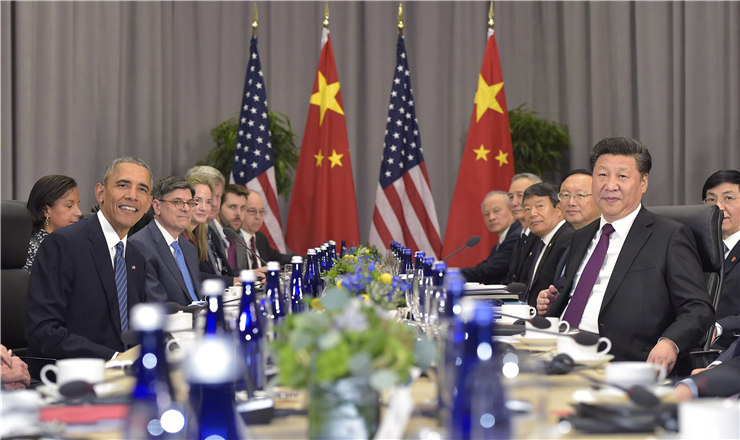
 Xi tells Obama disputes should avoid misunderstandings
Xi tells Obama disputes should avoid misunderstandings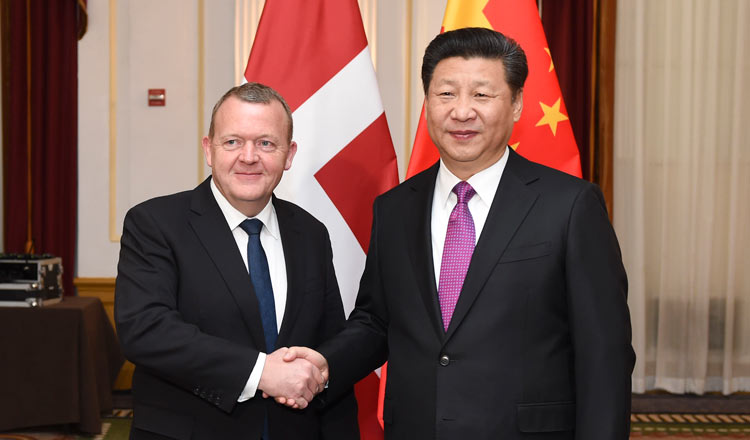
 Xi calls for bigger progress in China-Denmark ties
Xi calls for bigger progress in China-Denmark ties
 Chinese president arrives in Washington for Nuclear Security Summit
Chinese president arrives in Washington for Nuclear Security Summit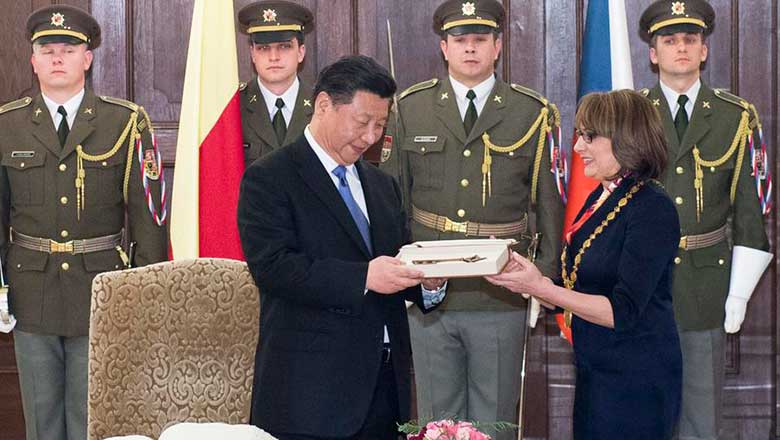
 President Xi presented with 'key to Prague'
President Xi presented with 'key to Prague'
 China move into the final stage of Asia qualifiers after 15 years
China move into the final stage of Asia qualifiers after 15 years
 Grief, anger engulf Taiwan as suspected killer of girl arrested
Grief, anger engulf Taiwan as suspected killer of girl arrested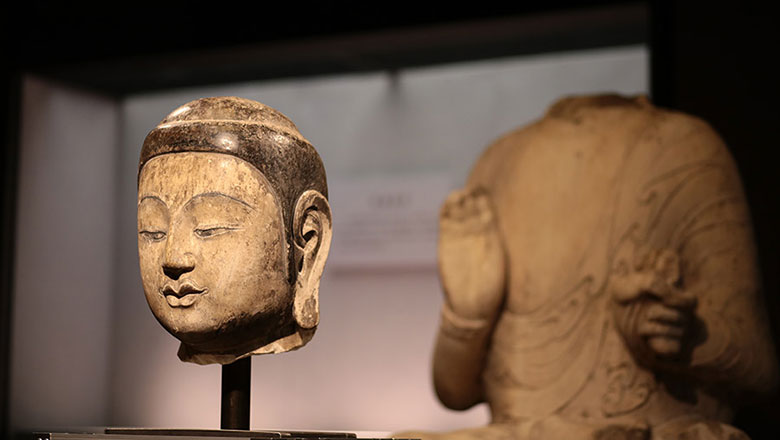
 Stolen Buddha statue head arrives in Hebei museum
Stolen Buddha statue head arrives in Hebei museum
 Top 10 best-selling beers in the world
Top 10 best-selling beers in the world
Most Viewed
Editor's Picks

|

|

|

|

|

|
Today's Top News
Marriott unlikely to top Anbang offer for Starwood: Observers
Chinese biopharma debuts on Nasdaq
What ends Jeb Bush's White House hopes
Investigation for Nicolas's campaign
Will US-ASEAN meeting be good for region?
Accentuate the positive in Sino-US relations
Dangerous games on peninsula will have no winner
National Art Museum showing 400 puppets in new exhibition
US Weekly

|

|







